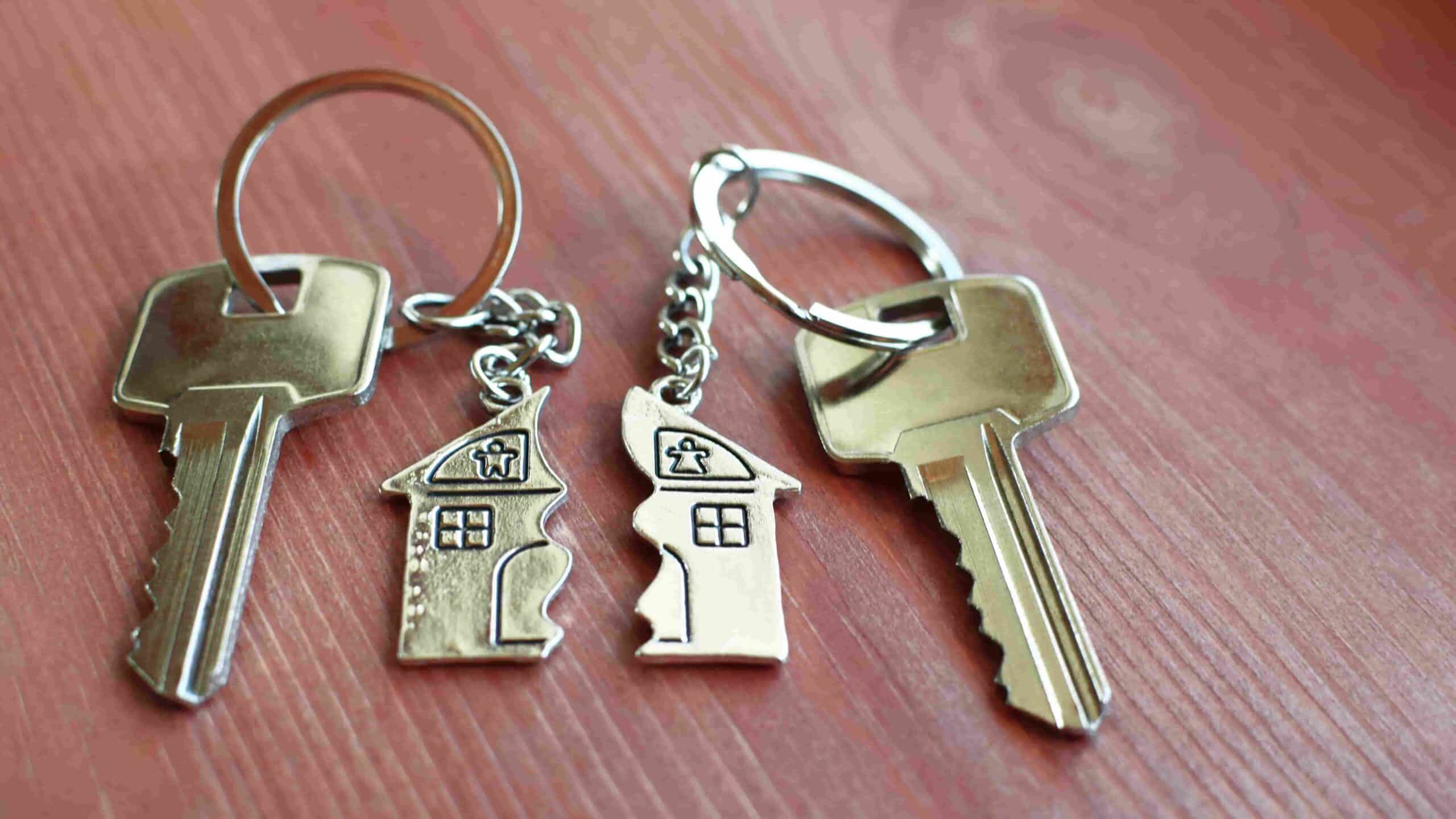Table of Contents
If you and your spouse or partner have separated, or you are considering separation you may wonder:
“Who moves out when you separate?”
Below, we share what you need to know before deciding who should move out. There is always more to the family law system than people know so getting advice is essential before making any decisions.
Who Has To Move Out In A Separation?
If you or your children are experiencing family violence, it is important to remove yourself and your children from that environment immediately. In an emergency phone 000. There are numerous services available to help you in these circumstances including temporary safe accommodation and support until other arrangements can be made.
Our criminal law team can support by filing an urgent application for an Apprehended Violence Order (AVO).
It may be possible for an urgent application to be filed for you to be given sole occupation of the home. This may be temporary or longer term. Reach out to our team if you would like to learn more.
Below are some common questions about living arrangements for anyone considering separation or already separated from their spouse or partner.
Should I Move Out Before Divorce Or The Property Settlement Is Finalised?
A divorce cannot be applied for until one year and one day has passed, from the date of separation. This is often too long a time period for a former couple to manage living under the same roof.
We know that you may have concerns about the costs associated with moving out. Perhaps you believe you should both stay in the property until everything is finalised.
You may have concerns about moving out because you fear the risk of being less entitled to the property. At this point, it is important to know that that is not necessarily the case as we’ll unpack below.
When making decisions about whether to both stay, consider these two questions:
If conflict is likely even if you live in separate parts of the home, how will this impact your wellbeing?
If you have children and you both continue to live under the same roof, how will your children be affected?
Living together under the same roof may create confusion about the state of your relationship. If you, your ex or your children think there is a chance of a reunion, this can lead to additional issues.
One of the issues we commonly see is disagreement about the date you separated.
For separated spouses, a difference in opinion can delay the date you are eligible to apply for divorce.
For separated partners, a difference in opinion can impact on the time limitations for a property settlement or property settlement claim.
Married couples must finalise their property settlement within 1 year from the date a divorce is granted. If you have been in a de facto relationship, there is a 2 year window from the date of separation.
The date of separation is a common dispute. Particularly where the couple continued to live together after the initial separation.
If I Move Out, Won’t I Lose Out?
We know that many people are concerned that if they move out, they will be less entitled to the property. This is not necessarily the case, especially if you have children.
Who Moves Out When You Separate And Have Children?
If one parent doesn’t move out, this can create confusion for your children. Of the five stages of grief, denial is one of the stages. For your children, continuing to live together can sometimes extend the grieving process. Psychologists tell us this may have additional negative impacts on their emotional and psychological state.
Even if you are amicable with your former spouse or partner, this can still become problematic. Children are like sponges and can sense the tension between their parents.
Many times it is far better to be living in two separate homes. Two separate environments can provide your children a healthier environment than if you and your ex are living together.
Importantly, what you do to protect and minimise the impact of your separation on your children is vitally important. If you ever end up in Court about your parenting arrangements, the decisions you make now are taken into account when the Court considers the “best interests of the child”.
If continuing to live together negatively impacts your children, this decision could prove detrimental if the Court is required to finalise the shared care arrangements for your children.
In terms of any concerns relating to losing any entitlement to the property because you moved out, the Court typically looks upon people who do this, favourably, as the decision was made with the best interests of your children in mind. That being said, it is always wise to seek early advice from a family lawyer before doing anything.
When we speak to people early on we ask a range of questions about your circumstances to provide insights into how the family law system works, so you can make big and small decisions with confidence.

Should I Move Out of My House During a Separation?
If the property is in your name only, it is sometimes the belief that the other person should be the one to leave. However there are circumstances, in particular if you have children, where you may be wise to think differently.
In instances where, for example, the other parent has no means to pay rent to live elsewhere, effectively leaving them unable to put a roof over the head of their child, then a Court would look less favourably on you. This is because in family law, where children are involved, the ‘best interests of the child’ is to be of paramount consideration at all times.
Unless it is unsafe, the law says that a child is entitled to have a relationship with both of their parents. If it could be perceived that you contributed to a situation where the other parent had nowhere to live or that the child then needed to be with you full-time because their other parent is effectively homeless, this would reflect poorly on your character and have a negative outcome for you in any parenting dispute that needs to be dealt with by the Court.
While this might feel like you have to give up the home you’ve worked so hard for and lose out, that doesn’t need to be the case. This may be temporary only, until such time that all decision making in relation to parenting arrangements and your finances is finalised.
While this is one of many scenarios that we see when people make decisions without legal advice, it highlights how some decisions can come back to bite you later on.
This is one of many reasons why meeting with an experienced family lawyer, like those in our team, can be highly beneficial. After you answer our questions about your situation, we can talk you through your options. Then you can make a decision, confident that you are not jeopardising your position or entitlements.
There are usually alternative ways to enable you and your ex to live separately while maintaining the best interests of your children. You need to ensure you are ticking the right boxes from a legal perspective as well. So, seeking some early advice from an experienced family lawyer is the best first step.
Determining Who Moves Out When You Separate
There are many variables that can influence how a separation can unfold. Even if it starts well, as you go through the process of financially separating and determining the shared care arrangements for your children, issues often arise.
The ages of your children, the assets and liabilities you have between you, amongst other elements, will determine what you should and shouldn’t do from a legal perspective.
Any decision making should be run past a family lawyer first. It is often the seemingly simplest of decisions that create big issues for people. While you might be concerned that getting a lawyer involved early will be costly, it is often some early legal advice that puts people on the right path and reduces the risks that cost more later on.
So, to make the best decision about who moves out when you separate, even if it is only a temporary decision, make your first appointment. The insights you will gain relating to your circumstances will make you far more confident about how to move forward wisely.
Have you recently separated or are you considering separation?
Do you have concerns or questions that you need answers to?
We can help you wherever you are based in Sydney. We have two office locations – Penrith & Blacktown – as well as phone and online consultations if preferred. Reach out to our team on 02 47 222 050.
To know what to do in your circumstances relating to who moves out when you separate, seek advice before making decisions.
Disclaimer: The content in this article provides general information however it does not substitute legal advice or opinion. Information is best used in conjunction with legal advice from an experienced member of our team.

